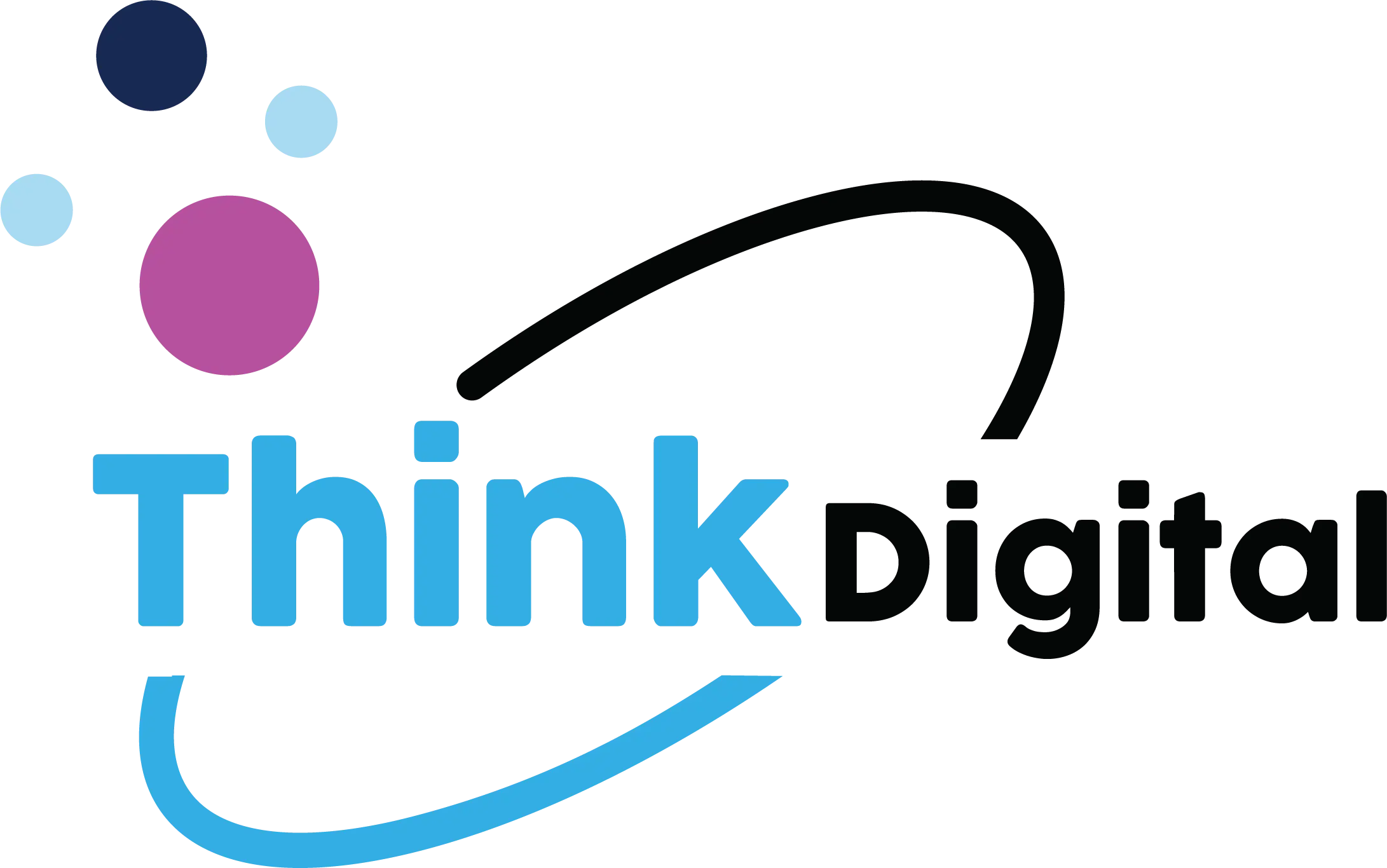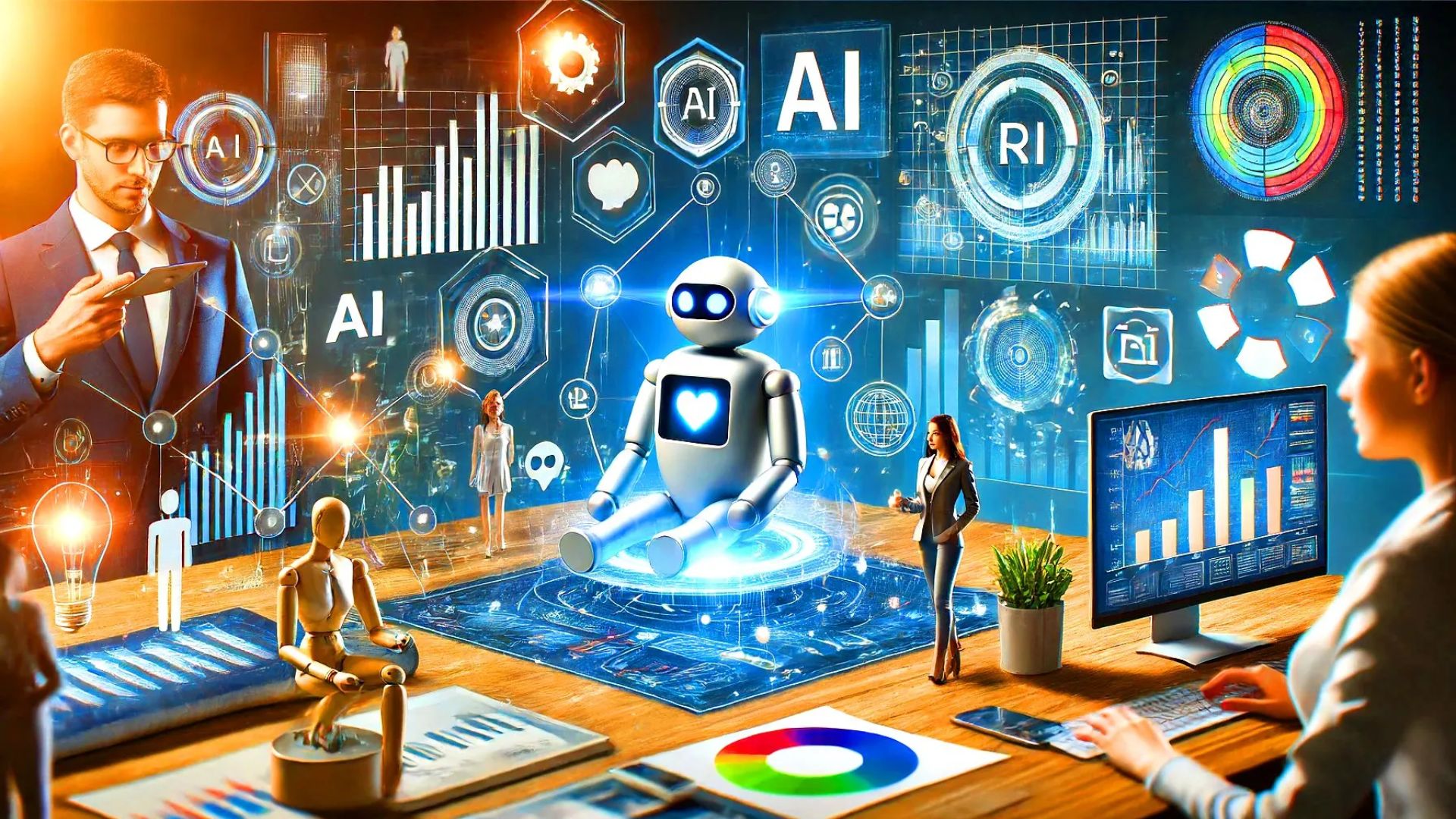As we enter the age of advanced technology, artificial intelligence (AI) is no longer just a futuristic concept — it is now a driving force in digital marketing. Businesses that embrace AI in their marketing strategies are witnessing better performance, more targeted campaigns, and improved customer engagement. AI is not just enhancing marketing; it's reshaping the way brands interact with their customers. In this blog, we will explore how AI-powered marketing is revolutionizing digital campaigns, from personalization to predictive analytics, automated content creation, and more. If you're looking to optimize your digital strategy, here’s why AI should be a core part of your marketing toolkit.
1. AI-Driven Personalization: Elevating Customer Experience
One of the most significant benefits of AI in digital marketing is the ability to offer personalized experiences to consumers. Gone are the days of one-size-fits-all marketing. AI algorithms can analyze user behavior, browsing patterns, purchase history, and preferences to deliver tailored content, product recommendations, and offers to each individual. For example, Netflix and Amazon use AI to suggest relevant content and products based on your previous interactions. This personalized marketing boosts customer engagement, enhances the user experience, and ultimately drives conversions.
2. Predictive Analytics: Making Data-Driven Decisions
AI thrives on data. With predictive analytics, businesses can analyze historical data and use it to forecast future trends, customer behaviors, and campaign outcomes. AI allows marketers to make data-driven decisions about their strategies, helping them allocate budgets efficiently, identify potential leads, and fine-tune campaigns for maximum ROI. Predictive analytics can improve lead scoring, customer segmentation, and even email marketing campaigns by predicting which customers are most likely to engage or convert. This level of foresight was previously unattainable without AI.
3. AI in Ad Targeting: Reaching the Right Audience
AI-enhanced ad targeting is another game-changer for digital marketers. Platforms like Google Ads and Facebook Ads now rely heavily on AI algorithms to optimize ad delivery. AI helps in automatically identifying which audience segments are most likely to respond to a particular ad, reducing ad spend while increasing conversions. Lookalike audiences — a feature powered by AI — allows marketers to find new potential customers who exhibit similar traits to existing customers. AI also assists in managing ad bidding, adjusting in real-time based on performance, ensuring the best return on investment (ROI).
4. AI-Powered Content Creation: Speed Meets Quality
Creating fresh, engaging content is one of the most time-consuming aspects of digital marketing. AI is now revolutionizing content creation by enabling marketers to produce articles, blogs, product descriptions, and social media posts at scale. With tools like GPT-4, Jasper, and Writesonic, businesses can generate high-quality content quickly, ensuring their marketing channels are always active without compromising on quality. AI can assist with SEO optimization by suggesting relevant keywords, meta descriptions, and title tags. It also helps in repurposing content for various platforms, ensuring consistency across channels.
5. Chatbots and AI-Driven Customer Support
The rise of AI chatbots has transformed how businesses manage customer interactions. AI-driven chatbots can handle customer inquiries 24/7, delivering instant responses and resolving common issues without the need for human intervention. This improves customer satisfaction while reducing operational costs. Many businesses use AI chatbots not only for support but also to guide customers through the purchasing process, offering product recommendations or answering FAQs. Over time, these chatbots learn from customer interactions, making them smarter and more efficient.
6. Marketing Automation: AI Streamlining Campaigns
Marketing automation powered by AI is changing the game for digital marketers. By automating repetitive tasks like email marketing, social media posting, and lead nurturing, AI frees up time for marketers to focus on strategy and creativity. For instance, AI can automatically send emails based on user behavior, such as cart abandonment or browsing history. Automated email workflows and CRM integration ensure that the right message reaches the right audience at the perfect time.
7. Ethical Considerations: Responsible AI Use in Marketing
While the benefits of AI in marketing are undeniable, it’s important to approach it with a sense of responsibility. AI’s reliance on consumer data raises concerns about privacy and data security. Businesses must ensure they comply with regulations like GDPR and CCPA to avoid mishandling user information. Additionally, ethical concerns about AI bias must be addressed to ensure that AI-driven decisions are fair and unbiased. By maintaining transparency and ethical standards, brands can build trust with their customers while leveraging the power of AI.
Conclusion: The Future of AI-Powered Marketing
AI is revolutionizing the world of digital marketing, offering unprecedented opportunities for growth, optimization, and innovation. From predictive analytics to automated content creation, AI-powered tools help businesses stay competitive by enhancing the customer experience, improving ad performance, and streamlining marketing efforts. For brands that want to stay ahead, adopting AI in their marketing strategy is no longer optional — it’s essential. However, as with any powerful tool, AI must be used responsibly and ethically to maintain trust and ensure long-term success.

